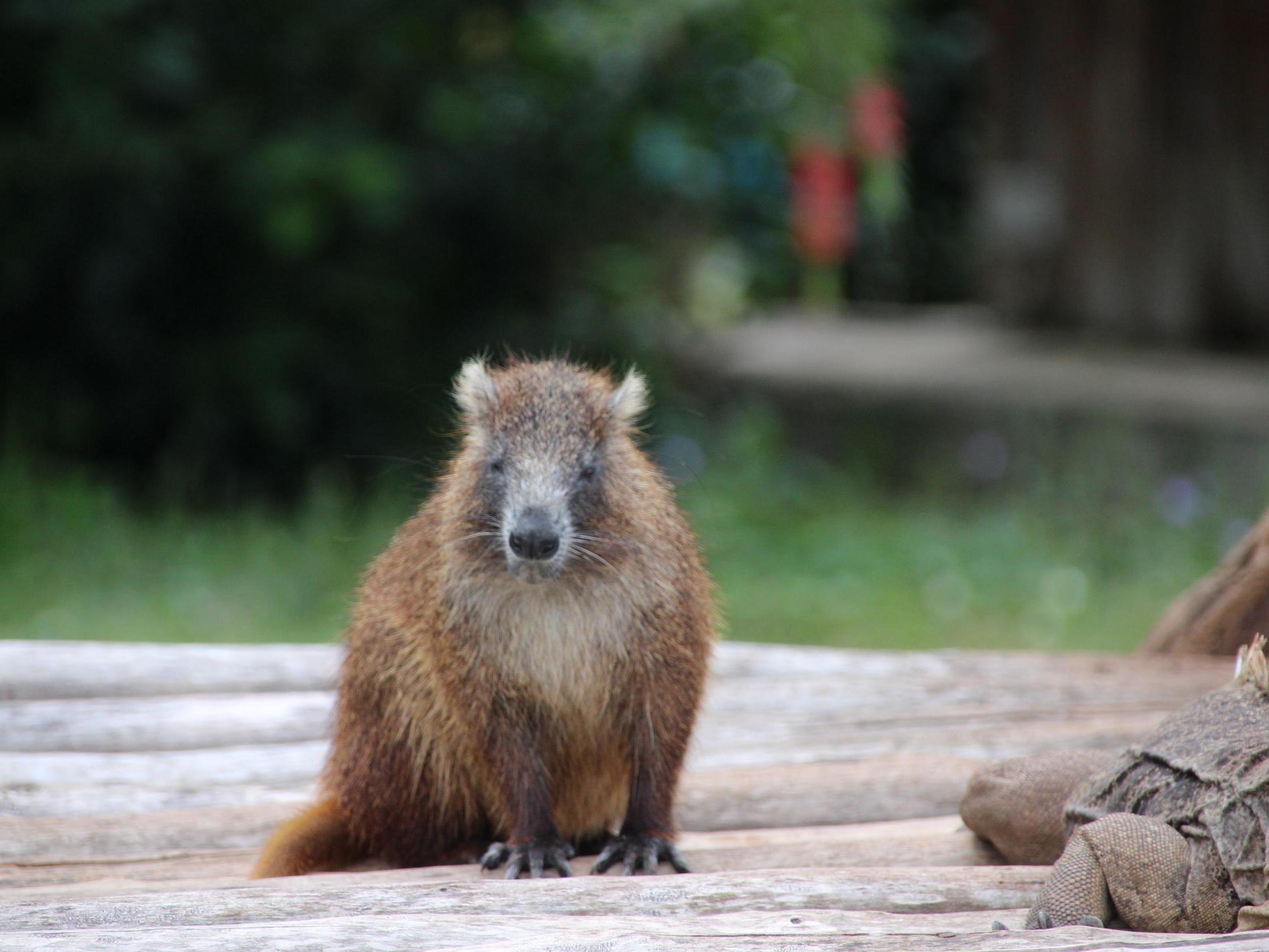Cuba plans rodent and ostrich farms to combat food shortages
Idea widely mocked by citizens facing empty shelves after warning of more shortages to come

Cuba’s leaders are developing ostrich farms – and may breed crocodiles and rodents too – because traditional meats and eggs are so scarce in the country.
State company Flora and Fauna is setting up seven farms housing the flightless African bird in an effort to feed the population.
“An ostrich lays 60 eggs, and of those you get around 40 chicks, and from these 40 chicks per year you get four tonnes of meat – whereas a cow just gives birth to one calf and after a year it’s only a yearling,” said Guillermo Garcia Frias, who heads the company.
He also talked up hutias – large rodents native to Cuba – for their “level of protein higher than any other meat” and “high quality pelt”, and revealed his company was also breeding crocodiles.
It has become hard to find cooking oil, flour, meat and eggs in the Communist-run country in recent months as the economy has declined, weakened by the decades-old US trade embargo, with a shortage of hard currency.
Cuba imports up to 70 per cent of its food because of inefficient central planning of the state-run economy but has had to cut back.
Communist Party leader Raul Castro warned on Wednesday of worsening shortages, but insisted the island would not return to the extreme deprivation of the 1990s.
The country is home to 10 species of hutia, which can weigh up to 8.5kg (19lb). Three of the species have become scarce, or extinct, in some parts of their historical range.
Ostriches are already farmed around the world, particularly in South Africa. In the West, the meat is usually seen as a novelty.
Mr Garcia Frias has been widely mocked for his ambition, and jokes about it have gone viral on social media because Cuba’s food schemes have often failed to fulfil expectations.
In one meme, a flock of the birds from Cuba arrives at the Mexican-US border seeking asylum.
“They should be focusing on chicken, a basic foodstuff that has disappeared, rather than something so unusual,” said Elizabeth Perez, 22, a student who said she hadn’t found chicken in the supermarket for a month.
Experts say feeding hungry or growing populations can be done by growing crops to feed directly to people rather than crops to feed livestock, which is an inefficient use of land and water measured by calorie output.
The United Nations Environment Programme has warned that rising meat consumption patterns are unsustainable.
Peter Stevenson, chief policy adviser of Compassion in World Farming, said: “When it comes to exploring ways to reduce food shortage, we should focus on the most efficient practices, maximising the potential of the land to provide human food.
“Farming animals that need to be fed on human-edible crops is one of the least efficient ways to produce human food.
“With ostrich farming specifically – their nutrition consists mostly of grains that could be used directly for human consumption, while the slaughter practices in place may be incredibly inhumane, raising serious welfare concerns.
“In addition are concerns over the rearing and farming conditions the ostriches would be kept in.”

Join our commenting forum
Join thought-provoking conversations, follow other Independent readers and see their replies
Comments
Bookmark popover
Removed from bookmarks